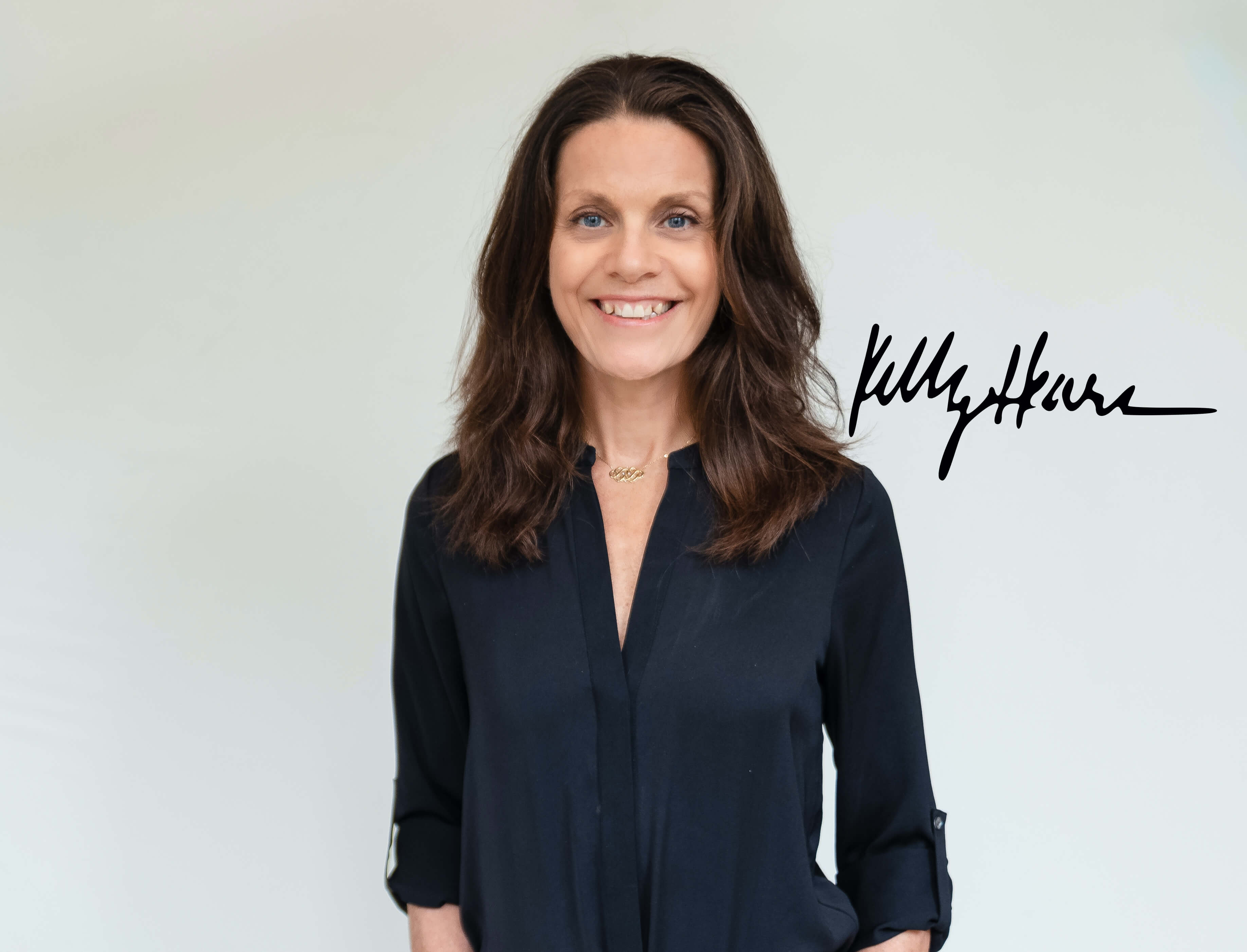Dear Therapist,
Why is making lasting change so difficult?
Signed,
Curious
Dear Curious,
I'm delighted you signed off your brief but important query with the moniker 'curious.' This already signals to me that you are in a good headspace to address healthy change and growth. The first - and perhaps most important - precondition for affecting change is our mindset. Can we stay open, curious and nurturing rather than closed, judgemental and critical? Because the former supports our inherent, natural urge to develop and evolve whereas the latter tends to shame ourselves into shutting down and remaining stuck in old ways. Stay curious!
Lasting change is the culmination of many small, repeated choices on a daily basis. Simply put: habits. One big challenge to developing healthy habits or stopping what we deem to be unhealthy ones is the payoff structure. Common goals set this time of year often involve health so let's use a couple popular resolutions to illustrate this point. If the goal is to get more exercise, the short-term payoff is often negative - the literal pain of enduring that first gym session with no obvious, discernible benefit to the body until a later date. Near term pain for long-term gain. By contrast, a habit like drinking alcohol gives a short-term benefit - relaxation, numbing of difficult emotions or a welcome giddiness - but can lead to a later stage hangover.
As beings who naturally migrate to pleasure and avoid pain, we need to address this habit payoff mismatch. It helps if we can get clear about our deepest intentions behind any desired habit change, why this matters to us. Because when we act in alignment with our deepest desires, this naturally feels good positive payoff! . So rather than resolutions lists, I suggest starting with the bigger question of what qualities, what ways of being we want to cultivate in our lives. Is it more calm? Acceptance? Gratitude? Joy? More love and connection? Other?
When working recently with a client whose goals were both of the health ones mentioned above, it became clear that her underlying intention was to feel at peace, to calm an anxious energy that kept her in a persistent state of dis-ease. Exercise helped, and the after effects of alcohol exacerbated this anxiety. 'I am a person who takes care of my body to bring me a sense of peace' was how she wanted to show up in her daily life.
Importantly_,_ looking after herself didn't mean adhering to some externally-imposed regime that felt like a giant dollop of pain up front. The gym wasn't for her, and certainly not early in the morning which went against her night-owl disposition. A goal like a morning gym session wouldn't actually looking after her body at all, likely one reason the habit stubbornly refused to form.
Instead, she explored what movement felt good in the moment positive payoff! and at a time that suited her natural body rhythm and schedule. She didn't always commence her daily walks full of beans, but when she reminded herself that 'I am a person who takes care of her body to feel at peace,' she was able to tap into the coveted ease almost always, and immediately. The payoff structure shifted.
So the second key point about making meaningful change is to align with an intrinsic positive motivation, what really matters to you. If we can hone in on our desired trait or quality, this can become a kind of an 'uber resolution,' a way of organising ourselves that has effects far greater than our initial goals. My client started viewing all of her daily choices through this lens of cultivating peace: 'What would a person seeking peace do here?' Feeling at peace became the overriding ambition -- one invoked pretty regularly - a focus that led to many new habits, not just the initial health goals.
The third key point I'll mention about making change is it requires creating the time and space for new habits to form_._ There is no getting around this. It is a regular practise. Otherwise, autopilot - old habit energy - crowds out our efforts. So ask yourself where, when, and how will you create the space to pursue your desired outcome? Perhaps unsurprisingly, I find that if we pay attention to the first two pillars I mention above - a supportive and nurturing mindset and intrinsic motivation - making the space to pursue our intentions comes pretty easily. Because we're doing something that feels good rather than bullying ourselves into submission.
Yours,

Do you have a question for Dear Therapist? Send it to [email protected] with Dear Therapist in the subject line and Charlotte Fox Weber or Kelly Hearn will get back to you.

